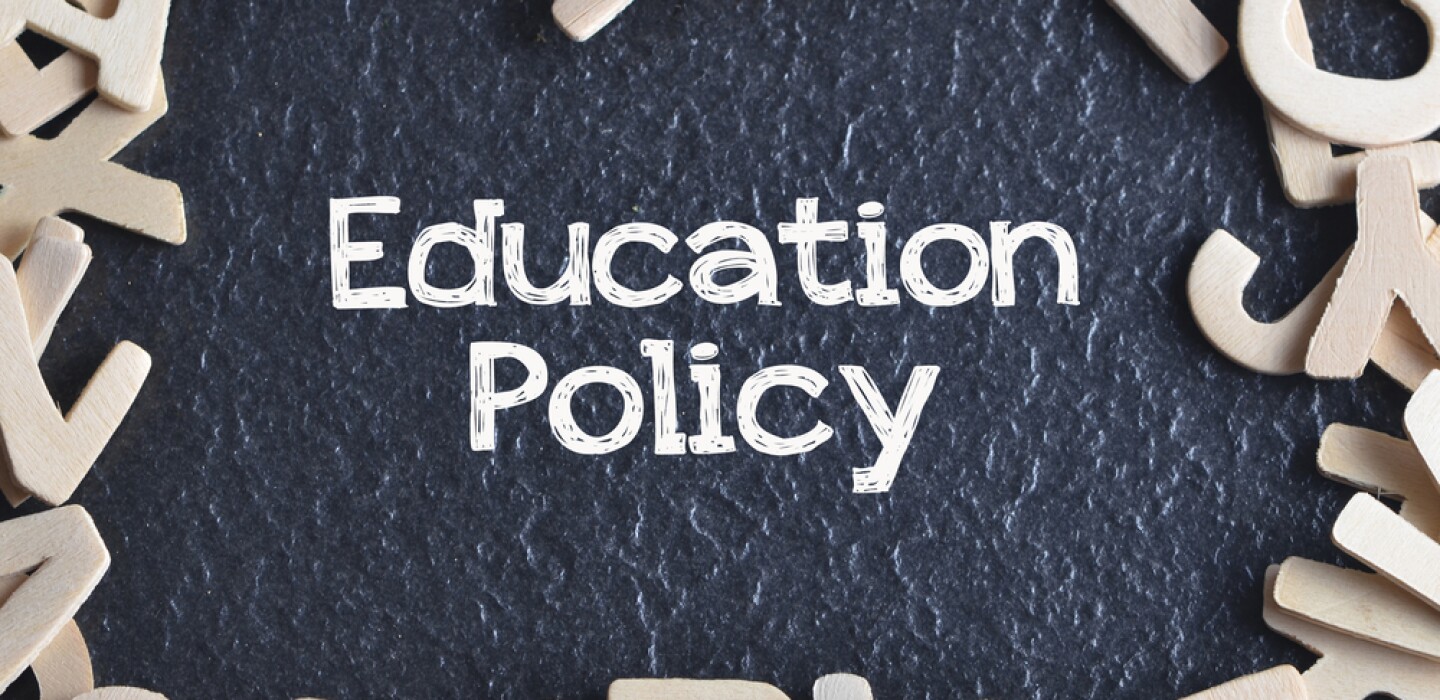virtual classroom. Effective virtual classroom management strategies are essential for creating a productive and engaging online learning environment. Here are some key strategies for both teachers and students: Establishing Norms and Expectations virtual classroom Establishing norms and expectations is crucial for creating a structured and respectful learning environment, whether in […]
Virtual classrooms have become a cornerstone of modern education, offering flexibility and accessibility. To maximize their effectiveness, both teachers and students should adopt best practices. For Teachers: For Students: Effective Communication Strategies Virtual Classrooms Virtual classrooms Effective communication is essential for building strong relationships and achieving goals in both personal […]
Education policy significantly shapes the landscape of higher education by influencing funding, access, quality, and institutional accountability. Policies at both the national and local levels determine how resources are allocated to universities and colleges, impacting everything from research opportunities to student services. For instance, government funding policies can affect tuition […]
Education policy plays a crucial role in shaping early childhood education (ECE), which is foundational for a child’s development and future learning. Effective policies ensure that all children, regardless of their background, have access to high-quality early learning experiences. These policies often focus on several key areas: Access to Quality […]
Education policy. Global perspectives on education policy highlight the diverse approaches and priorities that different countries adopt to address educational challenges and opportunities. These policies are shaped by cultural, economic, and political contexts, leading to varied strategies and outcomes. Education policy One key trend is the emphasis on equity and […]
Education policy. The achievement gap refers to the persistent disparity in academic performance between different groups of students, often defined by socioeconomic status, race, ethnicity, and gender. Education policy plays a crucial role in addressing this gap by implementing strategies aimed at promoting equity and improving outcomes for all students. […]
Education policy plays a crucial role in shaping the future of learning environments, ensuring equitable access to quality education, and integrating innovative teaching methods. One of the key areas of focus in modern education policy is the incorporation of technology in classrooms. This integration aims to enhance learning experiences, making […]
Education policy and curriculum development are critical components in shaping effective and equitable education systems. Education policy refers to the principles and government policies in place that guide the operation and reform of educational systems. These policies address various aspects such as funding, teacher qualifications, student assessment, and inclusivity. Effective […]
Education policy. Innovations in education policy are crucial for addressing the evolving needs of learners and society. Recent trends highlight the integration of technology, personalized learning, and competency-based education. These innovations aim to enhance student engagement, improve learning outcomes, and ensure that education systems are more adaptable and inclusive. One […]
Green Pedagogy is an educational approach that integrates sustainability into the learning process, aiming to foster environmental awareness and responsibility among students. This method involves a six-step framework designed to create learning experiences that emphasize sustainability across various educational levels and disciplines. The core strategies of Green Pedagogy include: Frameworks […]










